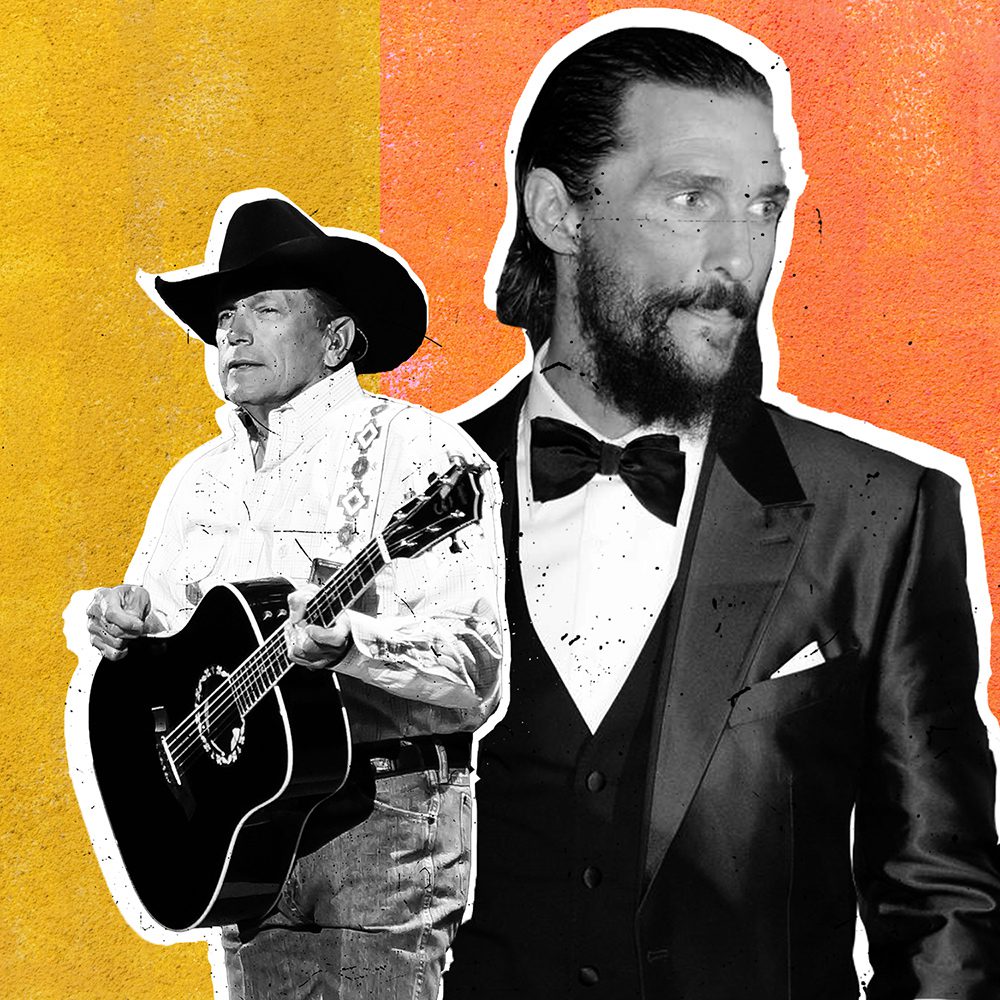Leveraging Content with Celebrity and Influencers
THE WORLD OF CELEBRITIES AS BRANDS AND INFLUENCERS AS CELEBRITIES
by Ceslie Armstrong, executive content producer for Noisy Trumpet and Quarter Moon Productions
The amplified consumer awareness of identifying a brand, and what it actually means to be a brand is here–to stay. Celebrity as an industry is nothing new and for many years an industry endorsement deal cut by said celebrity’s team resulting in a spokesperson role was easily digestible and understood by the consumer. Now, a celebrity as a mere spokesperson is not enough for the consumer unless the celebrity is tangibly authentic and generating content to prove his or her affinity for a brand. Savvy consumers also know that “their” celebrities are also brands. They feel a real connection to and varying levels of investment in the brands/celebrities they follow and adore. It’s time consuming. And by follow, I mean on whatever screen and platform they are interacting with to consume information and entertainment. The consumer knows a transaction has occurred and they are just fine with that. After all, it is show “business” but that traditional business model has changed and will evolve as the expanding FinTech and VR/AR landscapes continue to integrate into how we consume and transact as fans supporting brands.
“Having the right celebrity drive a ‘call to action’ is a great roadmap to monetize a product or service and drive data,” said entertainment industry veteran and CEO of the wildly popular company ScreenBid.com, Jeffrey Dash. ScreenBid’s online auctions including Breaking Bad, Mad Men, The Simpsons and more, are backed by the studios and networks that aired each show. ScreenBid has built a business model around the authenticity that consumer fans crave embedded in content and that results in recurring transactions. The consumer literally can own a physical piece of content that has been integrated into a show.

Andy Warhol brashly built an art factory and empire leveraging celebrity. He was the ultimate fan and other artists have followed in his footsteps building companies around celebrity because they had the access and the respect of the celebrities and their handlers. Take celebrity lensman, author, and contributor to Vanity Fair and New York Magazine, Patrick McMullan for example. Warhol gave McMullan his first camera and PatrickMcMullan.com has for many years been the go to destination for media and entertainment insiders–and the public who can’t get enough authentic celebrity access–first thing in the morning even before they log on to their trusted news source. The prolific celebrity documentarian is a pioneer in creating a recurring revenue B-to-B and B-to-C business model built on delivering fresh authentic content daily.
ENTER THE INFLUENCERS
The days of box office receipts, TV ratings, and star power solely determining the value of a celebrity endorsement of a brand are over. The non-household name influencers born through digital platforms and social media are such a tour de force in wrangling pop culture’s attention that they rank right alongside–and many times, much higher than–“traditional” celebrities. Just take the Digital Hollywood Influencer Awards as a stellar example. The media and entertainment industry’s venerable conference founded by Victor Harwood has mounted an impressive roster of “Immersive Entertainment Influencer Categories” culminating in an award event that is “Celebrating the ‘Cultural Influencers in an Expanding Digital Universe.’” You can see the long list of categories, advisors, and influencers here.
There are sophisticated formulas and metrics used to determine an influencer’s value and data-driven companies and agencies representing influencers are the go-to advisors and solutions for brands needing advisement to mitigate risk on their large marketing spends. One example is Spotted, co-founded by the company’s CEO Janet Comenos whose mission includes the statement: “Our products and reports were created to ensure that celebrity recommendations and decisions at brands and agencies are rooted in data and logic.” According to Spotted, “an influencer is someone who becomes digitally relevant by building an audience online, typically via a social platform like Instagram, YouTube or a blog whereas a celebrity is someone who becomes famous for a talent outside of the digital world, such as a film or TV actor, athlete, model, comedian, chef, etc. Celebrities have intrinsic value beyond the promotion of a particular product.”

RISK VS. REWARD
As in any quickly emerging trend that is tied to high stakes marketing spends, banking on an influencer versus a bonafide artist and celebrity with a solid spokesperson track record is not without risk. There are many recent instances where stock has plummeted and sales have gone flat due to a social media post based on a whim or an arrest. In the near past, many C-suite decision-makers have banked on a spokesperson or influencer based on their own “gut” but there are companies, agencies, and advisors in place who have emerged as trusted experts in making brand building decisions and recommendations based on R&D, innovation and data. Of course, a healthy dose of seasoned industry experience provides a comfort level to the brands making the spend.
Music-centric NUE Agency helmed by CEO Jesse Kirshbaum connects artists, brands and technology and he recently told me that the music industry is back with more opportunities than ever to leverage the power of talent to engage audiences around the cultural topics they care about. Kirshbaum believes that every brand should have a music strategy to help them bring their ideas to life and add a new dimension to their brands.
Another trusted entertainment industry heavyweight that has created a solution for brands to integrate their products into content seamlessly is BEN, a Bill Gates Company (Branded Entertainment Network). You’ve heard of him, right? BEN’s vice president of brand partnerships, Shawn Kallet tells me that, “In a world where consumers are cutting the cord, skipping commercials and blocking ads, integrating into content is the best way to create meaningful moments for brand storytelling,” continues Kallet, “people remember stories and by empowering creators to tell stories, instead of disrupting them with commercials, brands add value for consumers to enjoy more of what they love.”
CONTENT CULTURE
Ultimately, the fact that the consumer reigns is the never-changing constant in this ever-changing environment where expertly created content integrated with brands that deliver on the promise of authenticy will win. So how do brands leverage their content with celebrities as brands for long-term results and influencers to achieve immediate results? It really is about brands engaging innovators that are deeply rooted in marketing practices that continue to yield results and mitigate risk. Practices like listening to the the audience and creating meaningful content delivered by proven celebrities who actually care about protecting their own brand. When the celebrity has emotional “skin in the game” it can become a whole new game.
According to Jesse Kirshbaum, “Artists can lend their thinking to any brand seeking a better understanding of where culture and their consumers are headed. They are the cultural liaisons that can translate the nuances that–in reality may make no sense to any of us–but are at the core of culture,” continues Kirshbaum, “artists are to culture, what brand marketers are to brands. The same way that artists have to think like brands, brands must also start to think like artists.”
I have learned over the years that it is also about understanding and respecting the culture of a brand; the culture of the consumer; and the culture of the moment.
